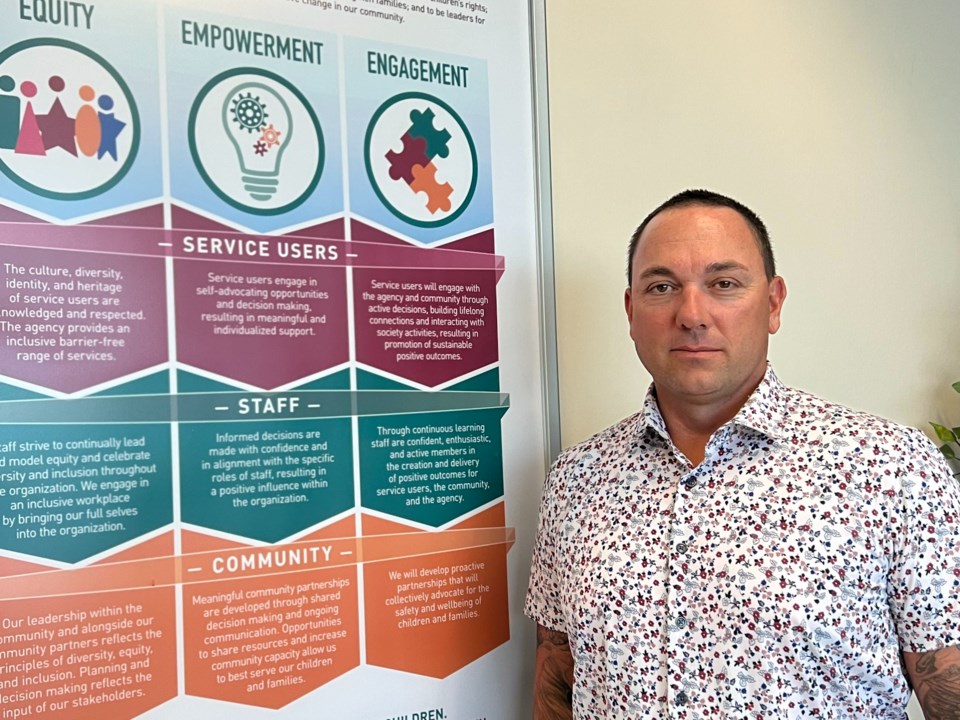New developments are being implemented at the Huron-Perth Children’s Aid Society (HPCAS), to try and combat age-old issues magnified in recent years.
The HPCAS has partnered with Anchor Rehabilitation’s Behaviour Consultation team, based out of Burlington, to help address the needs of high acuity youth in the community.
Children with complex social needs, like mental health or substance abuse issues or even developmental disabilities, require a range of supports. Anchor Rehabilitation’s Behaviour Consultation team is working with the local children's aid society staff to develop individualized plans for youth.
Kristian Wilson, executive director, told StratfordToday that there has been a gap in service planning in recent years and not just in their purview.
“It’s been a provincial issue for three or four years,” Wilson said. “There’s been a lack of services for high acuity youth … a lack of services that are urgent, intensive, and timely.”
Wilson explained that a big problem facing the organization is youth coming into their services due to a lack of accessible services for families.
Thinking that their children will be able to access more resources if under the HPCAS’ care, parents have been approaching the society about surrendering their children. This is an issue since treatment services have not historically been in the wheelhouse of child protection, Wilson said.
Currently, they have a handful of youth that Wilson said should be receiving treatment services from mental health agencies at their own home but are in the care of the children's aid society.
“I think families think that we can often secure more services if they relinquish their rights, but it's not the case.”
Wilson added that the experience of being placed in their care often exasperates the issues youth are facing.
This partnership with Anchor Rehabilitation will empower HPCAS staff to better support youth now and in the future.
“We're hoping that through this type of program, we can create some evidence and data to show that building these plans and working together as a community will improve the outcomes. We'll have more kids go home, we'll have kids stay home.”
That data, Wilson said, will go to higher-quality and cost-effective services in the future. Currently, the HPCAS is funding the project internally through their operational budget.
More mental health supports is not the only needed resource. Earlier this year, it announced an an urgent call was put out for foster parents, a need that has not subsided.
Wilson shared that currently they have a youth living in Ottawa right now, roughly half a thousand 500 kilometres away from their family, due to a lack of community foster parents. In his own words, having foster parents in the community is “vital.”
Ultimately, the goal of the agency is not for youth to languish in care, but to return to a stable home. The HPCAS wants children to be with their family and their community.
To that end, it is also vital to have foster parents from all walks of life. Many of the youth in its care come from marginalized groups: LGBTQ+, Black, and Indigenous communities are over-represented in child welfare and are often disconnected from their culture and community.
“We have lots of youth that have different identities,” Wilson said, touching upon LGBTQ+-youth. “It's important that folks that are caring for them understand those identities, or try to support those identities. It always helps if you have lived experience.”
For more information on fostering, email the HPCAS at [email protected].



